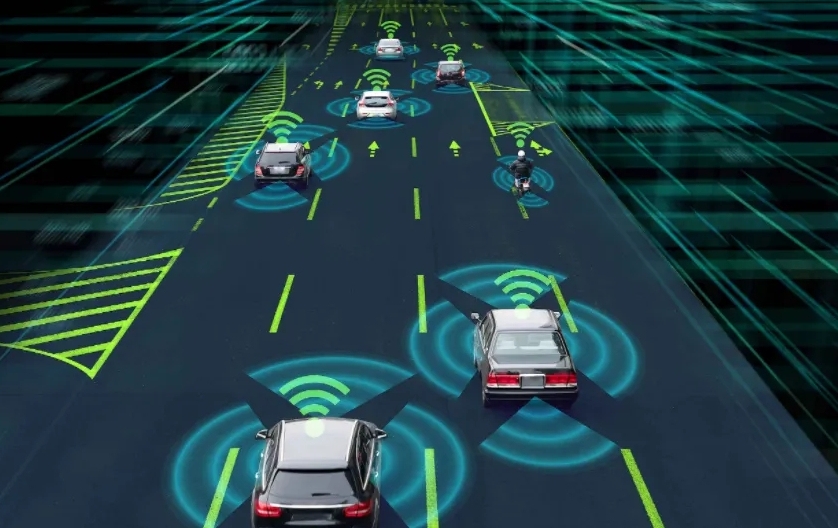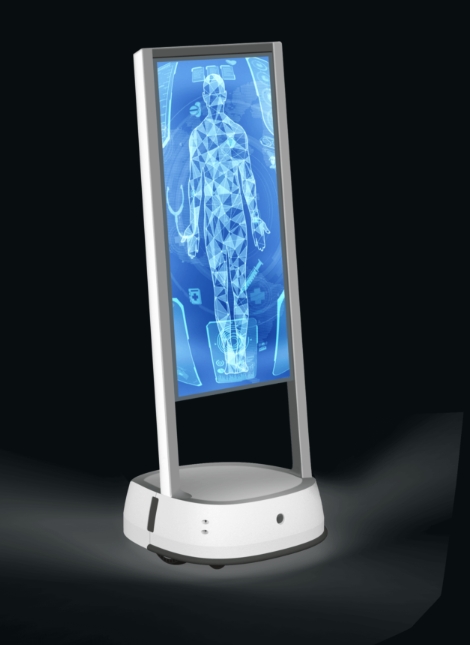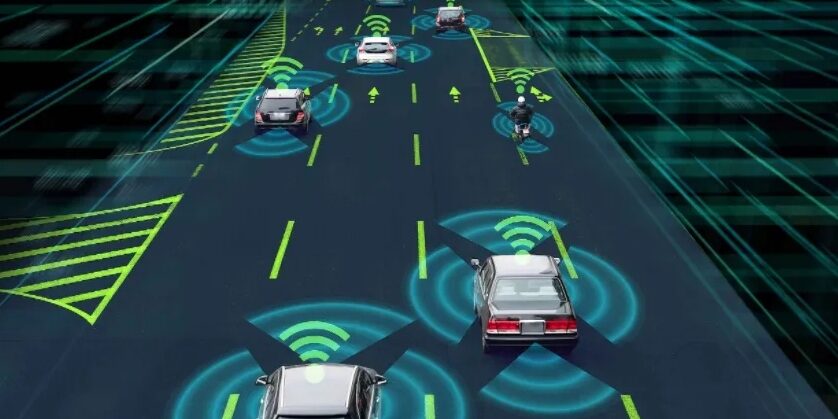Enhancing Autonomous Driving with Precision LiDAR Calibration Boards

As sensor technology, control systems, and artificial intelligence advance, ground mobile robots, including autonomous vehicles, have seen significant progress. These developments have far-reaching implications, from military reconnaissance robots to civilian autonomous driving systems that aim to reduce traffic accidents and improve urban transportation. This article focuses on the critical role of calibration boards in calibrating LiDAR systems for autonomous driving.
Importance of LiDAR in Autonomous Driving
LiDAR (Light Detection and Ranging) is an active sensor technology that measures the distance and position of objects using laser signals. It provides highly accurate depth information, essential for obstacle detection, target classification, target tracking, terrain classification, and simultaneous localization and mapping (SLAM). Autonomous vehicles rely on LiDAR to perceive their environment accurately and make intelligent driving decisions.

Challenges in LiDAR Calibration
Calibrating LiDAR systems is crucial for ensuring accurate distance measurements and obstacle detection. However, LiDAR calibration poses several challenges:
- Environmental Interference: LiDAR systems can be affected by environmental conditions such as fog, rain, and dust.
- Sensor Fusion: Combining data from multiple sensors (e.g., cameras and LiDAR) requires precise calibration to ensure the information is accurately aligned.
- Dynamic Environments: Autonomous vehicles operate in dynamic environments with varying objects and conditions, necessitating frequent recalibration.
Role of Calibration Boards in LiDAR Calibration
Calibration boards are essential tools for calibrating LiDAR systems in autonomous vehicles. These boards are designed with specific patterns and reflective materials to facilitate accurate calibration of the LiDAR sensors. Here’s how they contribute to the calibration process:
- Accurate Distance Measurement: Calibration boards provide known reference points that help in accurately measuring the distance between the LiDAR sensor and the board. This helps in fine-tuning the sensor’s distance measurements.
- Alignment with Other Sensors: Calibration boards help in aligning LiDAR data with data from other sensors, such as cameras. This alignment is crucial for sensor fusion, where data from multiple sensors are combined to create a comprehensive understanding of the environment.
- Compensation for Environmental Factors: By providing a controlled environment for calibration, these boards help in compensating for environmental factors that can affect LiDAR accuracy. This ensures reliable performance in real-world conditions.
Recent Research and Developments
Recent studies have focused on improving the accuracy and reliability of LiDAR calibration. Advances in algorithm development for automatic calibration and the integration of machine learning techniques are enhancing the precision of LiDAR systems. Research is also exploring the use of advanced materials and designs for calibration boards to improve their effectiveness in various environmental conditions.
Summary
Calibrating LiDAR systems is essential for the accurate operation of autonomous vehicles. Calibration boards play a critical role in this process by providing reference points, facilitating sensor alignment, and compensating for environmental factors. As research and technology continue to advance, the effectiveness of LiDAR calibration is expected to improve, contributing to the safety and reliability of autonomous driving systems.
FAQ
Q: Why is LiDAR calibration important for autonomous vehicles?
A: LiDAR calibration ensures accurate distance measurements and obstacle detection, which are crucial for the safe and reliable operation of autonomous vehicles.
Q: How do calibration boards help in LiDAR calibration?
A: Calibration boards provide known reference points, facilitate sensor alignment, and compensate for environmental factors, ensuring accurate and reliable LiDAR performance.
Q: What are the recent advancements in LiDAR calibration?
A: Recent advancements include the development of automatic calibration algorithms, integration of machine learning techniques, and the use of advanced materials and designs for calibration boards.
CPJ Robot specializes in developing LiDAR and autonomous navigation robots. We offer customized solutions tailored to your needs. For more information, visit our website and contact us today!







